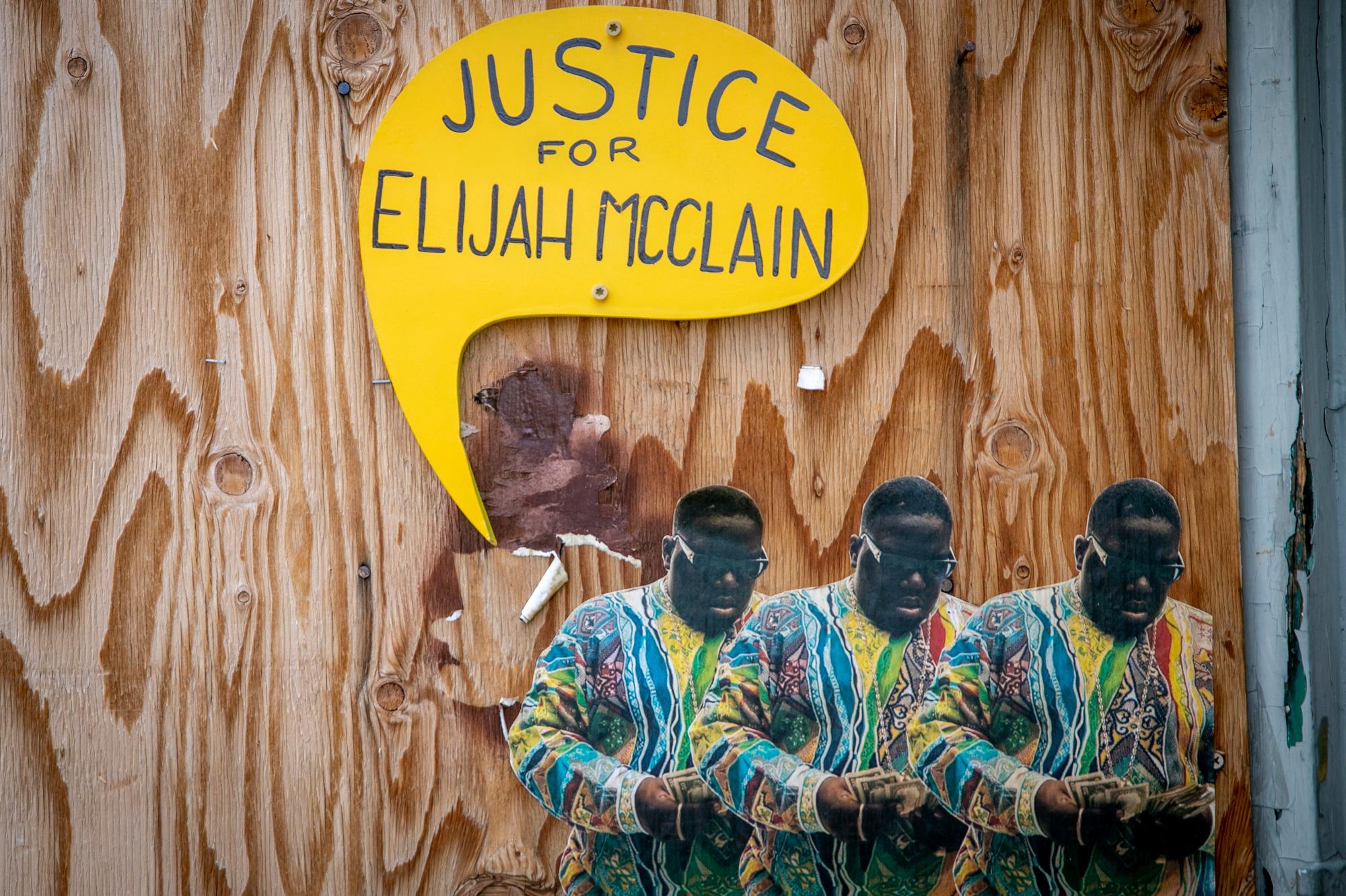
There are now five separate investigations into the Aurora Police Department and the death of 23-year-old Elijah McClain.
McClain died in August 2019 after police attempted to arrest him, placing him in two carotid holds. Paramedics then injected him with ketamine. McClain was suspected of no crime when officers stopped him.
His death has sparked fury in Colorado and across the world and inspired dozens of protests against police brutality. His family has sued the city of Aurora and more than a dozen cops and paramedics they say are responsible for his death.
Keep reading for more on each investigations and their possible outcomes.
Federal
WHO: The local Federal Bureau of Investigation, the U.S. Attorney’s Office and the U.S. Department of Justice
WHAT: The feds are probing whether officers violated McClain’s civil rights under a federal law that prohibits on-duty law enforcement officers from depriving people of their civil liberties.
CONSEQUENCES: The officers involved in McClain’s arrest could be indicted by a grand jury for violating Section 242 of this code — though the bar is high. The feds must prove the officers willfully stripped McClain of his rights, or willfully used excessive force against a non-violent person.
Here is a CPR story that explains a little more.
TIMELINE: Ongoing
State, McClain
WHO: This investigation is being led by state Attorney General Phil Weiser after Gov. Jared Polis issued an executive order asking for an independent investigation into McClain’s death.
WHAT: The executive order specifically asks Weiser to investigate the case and, if the facts support it, criminally prosecute any individuals (cops and paramedics) whose actions allegedly caused McClain’s death.
CONSEQUENCES: Despite being initially cleared by Adams County District Attorney Dave Young, several cops could face state criminal charges in McClain’s death. A complicating factor in this, however, is that in McClain’s autopsy, his cause and manner of death were “undetermined.” Because there is no homicide determination, it could be difficult to find any cops criminally liable for his death.
Here is a CPR story that explains a little more.
Timeline: Ongoing
State, Police Department
WHO: Weiser announced in August that he has launched a probe into patterns and practices at the Aurora Police Department.
WHAT: This investigation, completely separate from Weiser’s other investigation specifically into McClain’s death, will broadly probe the Aurora Police Department. Weiser will look at whether officers have systemic problems and practices that violate people’s civil rights under state and federal law. The state’s office of the attorney general was granted this authority under SB-217 — which was signed into law by Gov. Jared Polis in June. It is similar to existing power at the federal level under the U.S. Department of Justice.
Here is a CPR story that explains more.
CONSEQUENCES: If Weiser’s office finds a troublesome practice or pattern at the Aurora Police Department, he could enter into an agreement with it that would require a specific remedy, like more training or more monitoring, for example.
TIMELINE: Ongoing
City, McClain
WHO: The city of Aurora has hired Jonathan Smith, a Washington, D.C.-based lawyer, to look into how city officials, both police and paramedics, handled Elijah McClain’s arrest, including the fact that he was involuntarily administered ketamine.
WHAT: Smith’s work is just getting started, but his three-person team will look into whether cops and paramedics involved in attempting to arrest McClain broke department rules during the incident and whether there are better practices or rules to put in place.
CONSEQUENCES: Smith and members of the city council say that depending on the results of the investigation, there will likely be suggestions for changes to police and paramedic training guidelines and policies. This could include the use of ketamine in pre-hospital settings. The recommendations could be a step toward larger reform in the police department.
Here is a Denverite story that has more detail.
TIMELINE: Ongoing
City, Police Department
WHO: The city has hired 21CP Solutions to conduct a department-wide review of Aurora Police Department’s practices.
WHAT: The review will look at Aurora police’s use of force, potential discriminatory practices, community engagement, civilian complaints, recruitment and hiring, crisis intervention interactions and interaction with vulnerable populations, as well as officer misconduct.
CONSEQUENCES: City Manager Jim Twombly said the review will create a "reform" agenda for potential changes within the department.
Here is a Denverite story on its announcement.
TIMELINE: Ongoing








